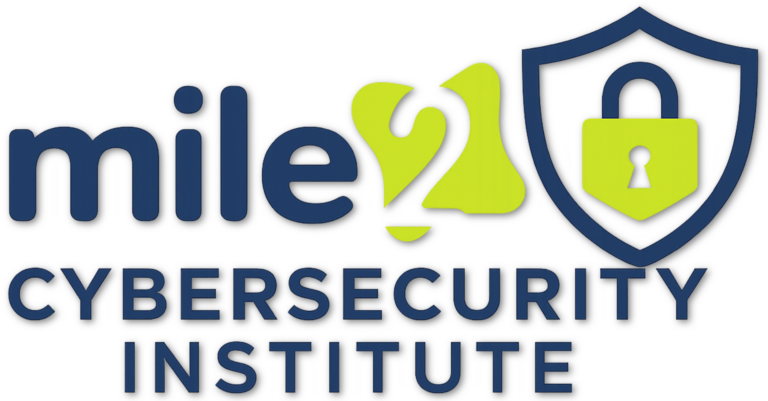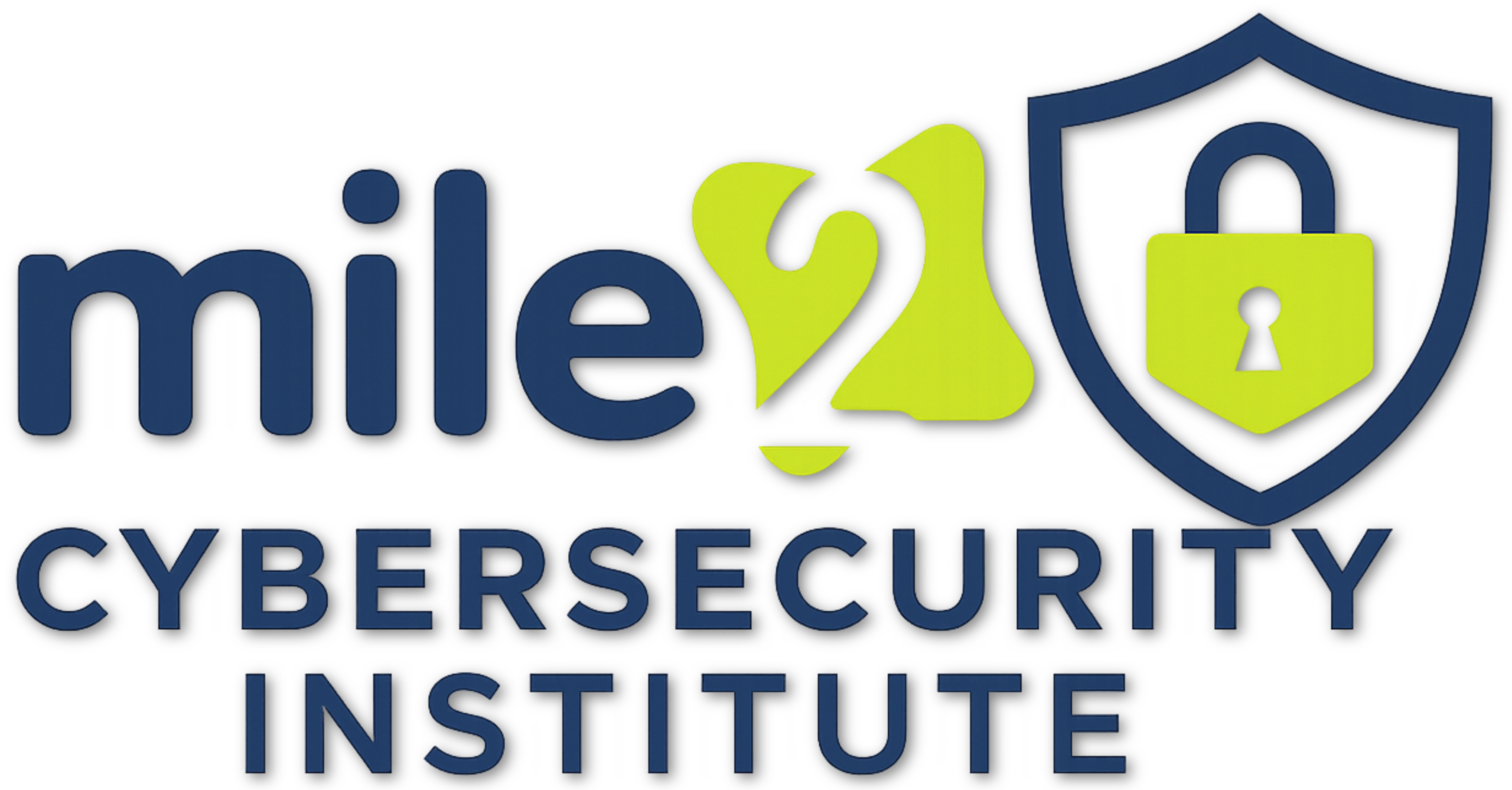James Settle
Forum Replies Created
-
AuthorPosts
-
James Settle
ParticipantThe two methods for troubleshooting in windows I will speak of is command line tools or prompts, such as pinging a network connection, or traceroute to trace the path of the network/ router you are trying to reach, pathping, etc. These can be used if the printer is booted into a Safe Mode environment as well.
The second method for troubleshooting slowness in Windows would be Task Manager. You can check the process of each application running on the machine and enable or disable them, also you can check the performance and see when the CPU is overclocking or the memory is bottlenecking. Performance in Task Manager allows insight into indicators for potential components of the PC or laptop that might need upgraded such as memory or hard drives.
James Settle
ParticipantI love this passage. I think in another synoptic gospel it names the centurion as Jairus, but the faith displayed here is remarkable. It is fascinating that Jesus said in all Israel he hadn’t seen such faith. These are His people, the people who were supposed to have had the market or real estate on the one true God cornered, so if anyone should have had faith it should have been them. Much the same, since we are the body of Christ, and serve the true and living God it is interesting how we can have faith in the area of healing, but lack it in the area of finances, or job promotion. I think many things are a result of people not knowing, speaking and hearing the word. If we don’t know what his word says about Him becoming poor, that we thru His poverty might become rich, we can’t speak it, or believe it and the word tells us faith comes by hearing & hearing by the word of God, so we need to keep the word before us, in our mouth and believing what we speak when we hear it. We have to be like the centurion & whether or not someone prophetically comes to us, or picks us out in the congregation, or on the street to say speak a word over us, we have to be able to speak the word of God over our own lives and agree with the Holy Spirit in faith that God will do just what His word promises us today. Jesus said blessed are those who don’t see & yet still believe. I trust God to do exceedingly and abundantly above all we could ask or think, so any area that is lacking in my life I am praying with a spirit of expectation that God will prosper me in every area of my life even as my soul prospers. And I pray the same for you as well.
James Settle
ParticipantWell, from what I’ve read UDP is used in instances where speed is valued over reliability and in instances where an occasional dropped packet would not cause too much concern. A real life application where UDP is used in lieu of TCP/IP would be VOIP phone systems, and also video/online game streaming (TCP Vs UDP: When to Use Which Protocol | Twingate, n.d.).
References
TCP vs UDP: When to Use Which Protocol | Twingate. (n.d.). https://www.twingate.com/blog/tcp-vs-udpJames Settle
ParticipantExcellent perspective with the classification system based upon the size of the area. PAN’s have an area of 20cm from the person according to the lesson I believe. It really aides in allowing you to visualize how large or small these network may be.
James Settle
ParticipantGreat job Carlos,
TCP/IP is still said to be the dominant protocol when it comes to internet standards. UDP is faster, but less reliable according to the lesson. I wonder what other potential protocols might be emerging that could someday surpass TCP/IP as the common standard in the near future?
James Settle
ParticipantGreat Post Misty,
I don’t have much knowledge of Content Delivery Networks, or Storage Area Networks, but very good information. From what i read, it appears most of the other networks previously described share communications and resources across a common area, local , metro, campus, etc, while a storage network is a dedicated high-speed network that connects to servers with storage space allowing for a centralized storage space. A CDN is a mass of distributed networks across the globe designed to deliver content quickly, regardless of location in effort to reduce latency. Thanks for allowing me to obtain new knowledge.
James Settle
ParticipantTCP/IP is two separate internet protocols that work in conjunction to ensure data is transferred securely across the network.
TCP stands for Transmission Control Protocol. This is a communication standard that enables devices to transmit messages. The protocol makes sure that packets are securely sent & received across that network.
IP stands for Internet Protocol. Since every device that connects to the internet has to be assigned an IP address, this protocol defines how devices and other applications transmit or exchange these packets of information/ data. (What Is TCP/IP in Networking? | Fortinet, n.d.)
References
What is TCP/IP in Networking? | Fortinet. (n.d.). Fortinet. https://www.fortinet.com/resources/cyberglossary/tcp-ip
James Settle
ParticipantThe different classification of networks are WAN, LAN, CAN, MAN, and PAN.
I will start from the smallest and work backwards, so the PAN is a personal area network, used for near field communication devices, such as RFID, NFC, Bluetooth, etc. It is primarily used for things within the immediate vicinity of the person as the name would imply.The LAN is probably most commonly used or known. This is your local area network. This is the network used in your home or office to connect all devices on you network.
The CAN is a campus area network, and generally is meant for interconnecting network devices within the campus area.
A MAN is a Metropolitan Area Network, which I had never heard of prior to this class, but is said to be used in the metropolitan area of a city or cities, defined as larger than a Local area network, but smaller than a wide area network.
Finally, we discuss a WAN, or wide area network, which interconnect network devices over a large area, connecting many local area networks to the larger infrastructure. It allows users to communication across networks to share data, print, transfer files etc.
James Settle
ParticipantI like to think I am a good blend of both patience & judgment, although I have heard from my immediate family I am less patient with them at times and more critical compared to those I minister to or deal with. I own that and have been trying to actively work on it, however I do feel it is only human nature that you come to expect more of the people you are closest to & therefore are more expressive or demonstrative when it comes to their shortcomings simply because you know what you have poured into them. The time and effort Jesus poured into the disciples in the 3 short years they followed Him, when Peter tried to discourage Him from fulfilling His calling on earth, he literally called him Satan in sharp rebuke (KJV, 2019; Matt 16:23).
But keeping in focus this weeks devotional, I think it is important to not only ask your peers and those close to you for their honest perspective regarding how they see you at times, but also in your alone time with God, we should be like David in Psalms 139 “thou hast searched me and known me.” There is nothing about us that God doesn’t already know & if we spend time in prayer, He will reveal to us our shortcomings if we are willing to be honest with ourselves. I think it goes a long way in teaching us humility. He chastens whom he loves, and gives grace to the humble, but resist the proud. Rom. 12:3 also reminds us not to think more highly of ourselves than we should. This will help us to remain humble, but also compassionate knowing none of us were born perfect, and we are all striving to be made into that perfection in Christ Jesus.
Finally, when we aim to help others rather than ridicule or tear them down, we are building up the body of Christ as iron sharpens iron.
References
James, K. (2019). Holy Bible: King James Version, 1611 Edition.
James Settle
ParticipantGreat post Isabelle. While I have used Googles Suite of applications (Docs, Sheets, Slides) before that are alternatives to Word, Excel, PowerPoint, etc, I haven’t used Files by Google that much. I guess my question would be, were Google applications designed primarily for Android OS or primarily as cloud applications for multiple OS as they are used on Windows computers as well? I have used Macs a few times as well, and while Microsoft has designed Office for Mac I have never used any Google applications on a Macbook either, is this possible?
James Settle
ParticipantGreat Post Misty. Command lines are literally an entirely other interface and way to interact with the operating system of the computer. We are so accustom to GUI’s or graphic user interfaces now, it is hard to imagine just having command line interface on PC. Are there any command line interface games you enjoy? I can remember playing CYOA, or choose your own adventure games on PC when I was younger.
James Settle
ParticipantAs with your other post this week, excellent work. I like the fact that you make the distinction marking which commands are for which operating system. Ipconfig versus ifconfig, etc. I am not sure that change directory, make directory, remove directory are the same in each operating system either, but would be great to investigate. I think knowing scripts is essential moving forward as an IT professional as well. The additional commands given as part of the presentation this week were superb, as there are literally hundreds and it does a great job at defining the use of each on and giving examples, so command [path]/[attrib] etc.,
James Settle
ParticipantThanks Teisha,
I was very glad to receive the link in the lesson this week with the additional ms-command prompts as well.
James Settle
ParticipantGreat post Carlos,
I wasn’t sure if operating applications were application built in to the OS itself, or any application that ran on the OS. Either way, great breakdown of File Explorer, Task Manager and Control Panel, which I do use practically on a daily basis. Just to add another the Services application allows you to control which programs are enabled or disabled at startup.
James Settle
ParticipantThanks Caleb,
Yes I have definitely heard of ProPresenter. I also like Proclaim by Logos, and Easy Worship as other presentation software’s. BitDefender is a good application, but I am sure there are many other cybersecurity programs that do just as good or better.
-
AuthorPosts


